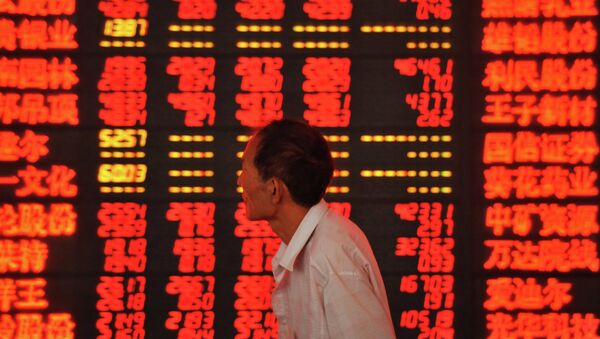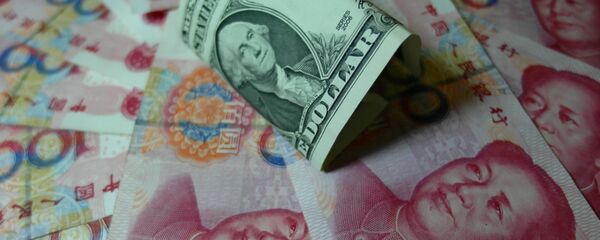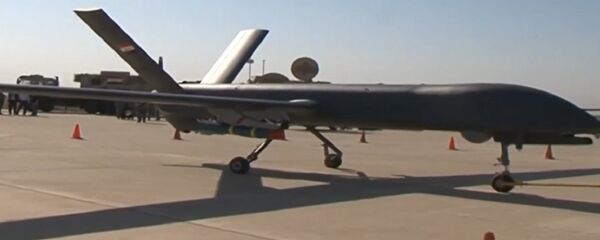Kristian Rouz — Chinese Premier Li Keqiang says the People's Bank of China (PBOC) can cut interest rates this year, and use other policy tools to support the nation's cooling economy. Following Li's remarks, experts are divided. Which rates would the Chinese central bank cut first, and what effects would such measures have on the Chinese economy and globally?
Li suggested the slowdown in the Chinese economy reflects broader global economic cooling, characterised by a slowing demand for manufactured goods across the advanced economies.
He said Beijing's plans to enact accommodative policies could provide a boost to the Chinese economy, including consumer demand at home and support for the nation's exports in the global market.
"It is true that China's economy has encountered new, downward pressure," Li said while talking to reporters following the closing ceremony of the annual National People's Congress. "We are not going for monetary easing but trying to provide effective support to the real economy."
READ MORE: US Mulling Sanctions on China Over Alleged Imprisonment of Muslims — State Dept
Monetary easing refers to a set of central bank policies, including lower base interest rates, looser underwriting requirements, and an overall 'easier' credit environment.
Wider availability of credit is seen as supportive of business and consumer activity — and such policies have arguable helped several economies across the developed world overcome the consequences of the global financial crisis of 2008-2009.
Albeit Li said the PBOC could 'cut rates', he subsequently contradicted himself, saying that Beijing 'is not going for monetary easing'. This sparked speculation among economists — what is China actually going to do this year to achieve is targeted 6-6.5-percent GDP growth for 2019?
"An interest-rate cut is quite likely," Nathan Chow of DBS Bank Hong Kong Ltd. said. "Such a move will encourage banks to lend more, as it makes the cost of funding much cheaper."
However, Chinese government officials had previously touted a fiscal stimulus this year as well, which could include tax cuts and higher budget spending, particularly in the infrastructure sector. Fiscal and monetary stimuli rarely work well together, due to the risks of inflating asset prices due to a wider availability of money within the economy.
What else could the Chinese central bank possibly do?
Some analysts point out that last month the PBOC tested its new policy tool for the first time. They believe it could be used instead of the monetary easing of the past decade.
What perpetual bonds do is a liquidity injection into the economy, backed by the central bank — without the need to cut interest rates or lower reserve ratio requirements (RRRs) for commercial banks. Technically, perpetual bond swaps are somewhat similar to the bond-buying programmes employed by the US Federal Reserve and the European Central Bank (ECB) over the past decade. However, the PBOC's bond swaps' exposure to the risks of the open market is much less.
"Compared with the 40-billion yuan perpetual bond sold by the Bank of China, the first bond-swap operation was only for a small amount that tests the waters, and more operations can be expected," Yang Yewei of Southwest Securities Co. said. "The bond-swap operation has a very small impact on total liquidity."
READ MORE: Venezuela, Arab States Can Resist US Economic Pressure — Ambassador to Jordan
For his part, Premier Li also said trade talks with the US continue, but didn't provide any specifics as to whether any progress has been made since the last publicly-available updates came out.
Li expressed confidence that bilateral trade tensions will eventually ease —if that happens, it would also be supportive of China's GDP expansion this year.




